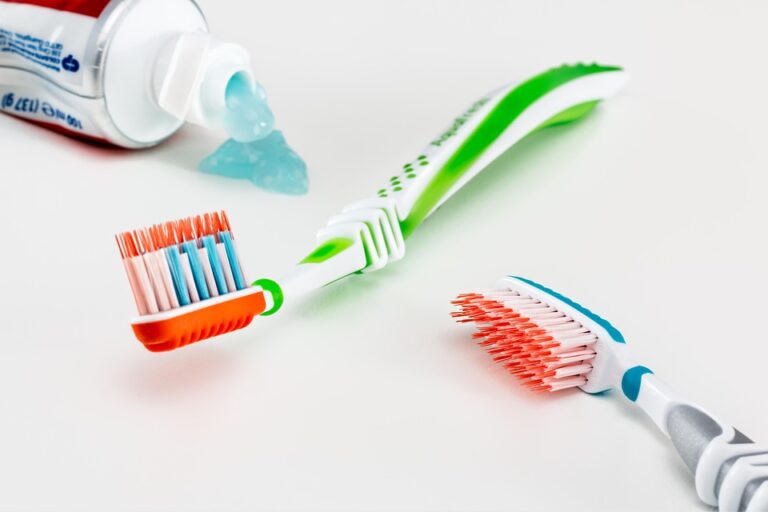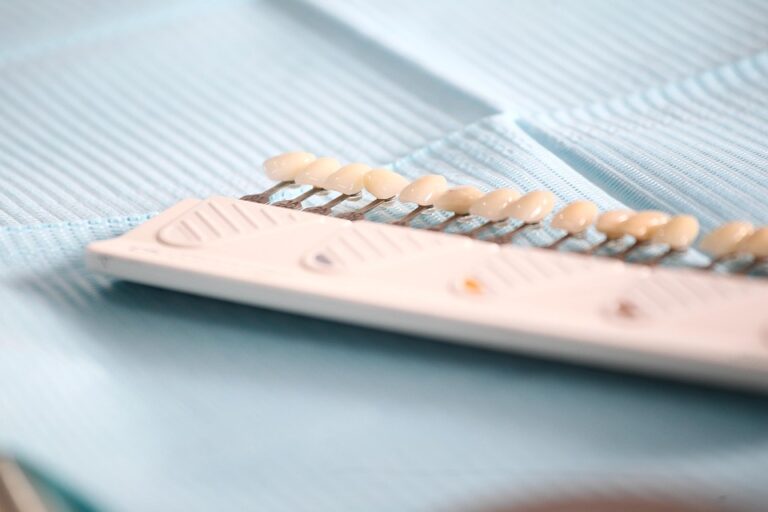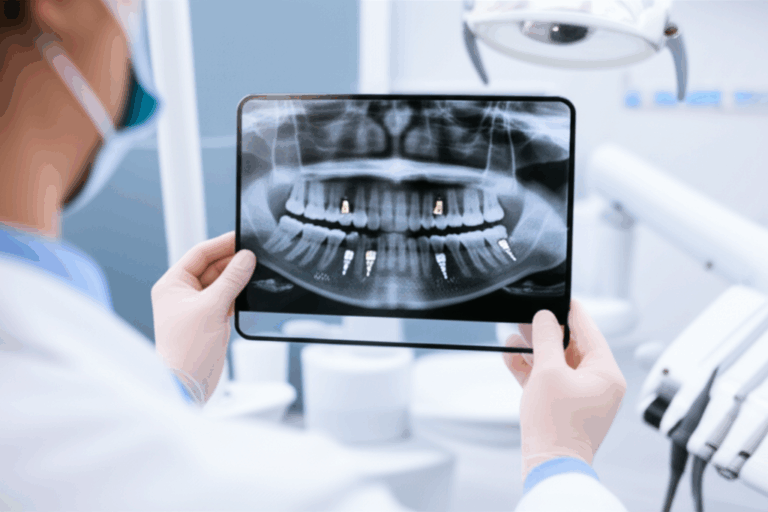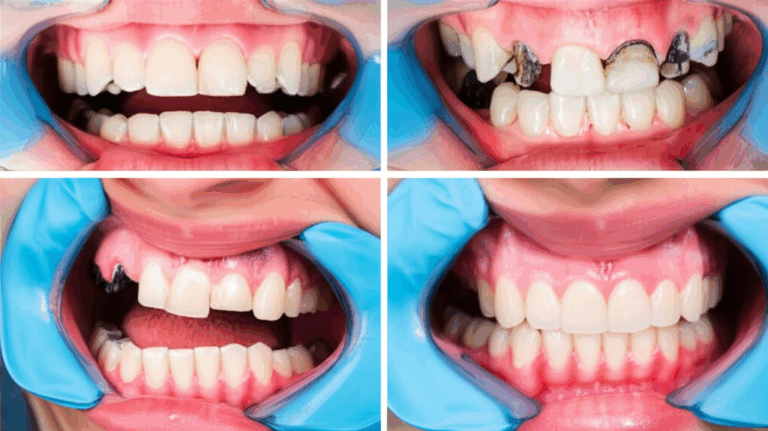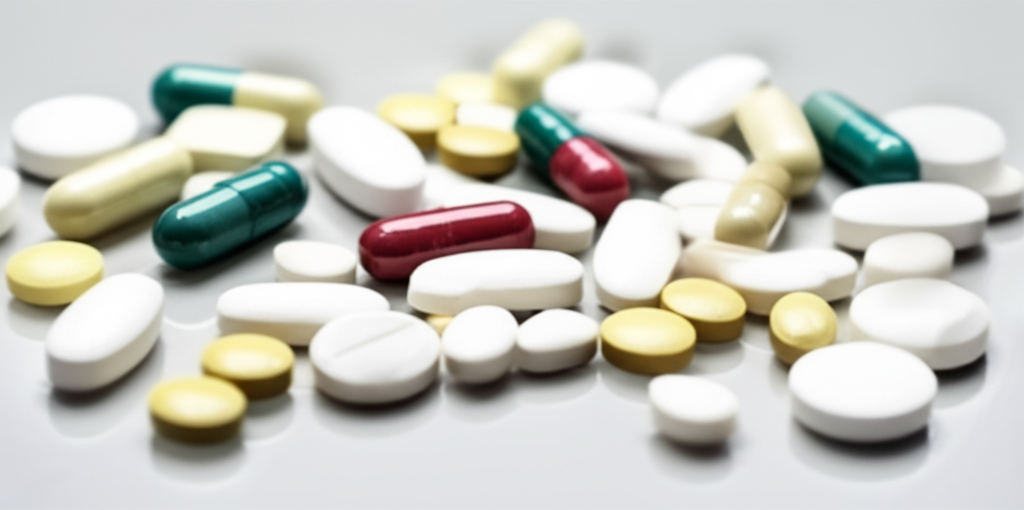
What Medications Can Cause Dental Problems? A Comprehensive Guide to Oral Side Effects
Article Outline Overview
- Introduction: The Surprising Link Between Your Medications and Oral Health
- Table of Contents
- Common Dental Problems Caused by Medications
- Dry Mouth (Xerostomia): The Most Prevalent Side Effect
- Gum Overgrowth (Gingival Hyperplasia)
- Tooth Decay and Enamel Erosion
- Oral Lesions, Infections, and Sores
- Jaw Bone Problems (Osteonecrosis of the Jaw – ONJ)
- Altered Taste Sensation & Burning Mouth Syndrome
- Gum Bleeding and Bruising
- Medications Used To Treat Dental Problems
- Antibiotics for Dental Infections
- Pain Relievers and Anti-inflammatories
- Topical Anesthetics
- Fluoride Treatments and Antimicrobial Rinses
- Medications for Oral Thrush
- What to Do If Your Medications Affect Your Oral Health
- Inform Your Dentist
- Maintain Excellent Oral Hygiene
- Strategies for Dry Mouth
- Dietary Adjustments
- Consultation with Your Doctor
- Pre-emptive Dental Care
- Conclusion: Prioritizing Your Oral Health While on Medications
Introduction: The Surprising Link Between Your Medications and Oral Health
If you’re anything like me, you probably never paid much attention to the little printout the pharmacist handed you with your prescription. After all, you just wanted relief from whatever made you go to the doctor. But a few years ago, I found out that the medicine you take and your mouth health are closely linked. For me, even regular drugs caused some mouth problems I didn’t expect. At first, I ignored it—until I had to put up with a dry mouth that didn’t go away and, later, gum swelling that caught me off guard. That’s when I realized you have to look out for dental side effects, not just your main health issue.
No matter if you’re starting a new prescription or taking medicine for a long time, you should know how these drugs can change what’s going on in your mouth. I learned over time that telling your dentist about every single thing you take isn’t just being nice—it’s a must for your mouth’s well-being.
So, let me share what I learned about how medicine can affect your dental health so you can keep both your smile and your general health in good shape.
Table of Contents
- Common Dental Problems Caused by Medications
- Medications Used To Treat Dental Problems
- What to Do If Your Medications Affect Your Oral Health
- Conclusion: Prioritizing Your Oral Health While on Medications
Common Dental Problems Caused by Medications
Over time, I’ve noticed that certain mouth problems often show up right after people—myself included—start new medicine. Sometimes, you just get a dry mouth or a little bit of bleeding. Other times, the changes are a lot more obvious. Let’s go over the main dental side effects I’ve seen because of medicine.
Dry Mouth (Xerostomia): The Most Prevalent Side Effect
Early on, dry mouth slowly showed up. My tongue felt rough and dry, and eating crackers was almost impossible (and pretty funny). Turns out, this is a perfect example of dry mouth, or what dentists call xerostomia.
Lots of medicines make your mouth drier—sometimes on purpose, sometimes by accident. When this happens, your saliva drops, and your mouth can’t wash away germs and bits of food as well as it should.
#### Why Does It Happen?
Medicines can make dry mouth by affecting your spit glands, either by working on them directly or through other ways in your body. Less spit lets bacteria and food bits just stick around, which leads to more mouth problems.
#### What Are the Consequences?
- Higher chances for cavities (I had to visit the dentist a lot more)
- More risk for gum disease
- Bad breath
- Harder time speaking, chewing, or tasting food
#### Which Medications Usually Cause Dry Mouth?
Through some trial and error, I noticed these groups are the most common culprits:
- Antidepressants: Especially SSRIs like fluoxetine, or tricyclic types like amitriptyline
- Antihistamines: Allergy medicine like diphenhydramine
- Anti-anxiety pills: Like benzodiazepines
- Blood pressure meds: Things like “water pills” (diuretics) and beta blockers
- Decongestants
- Muscle relaxers
- Opioids: Strong pain killers
- Parkinson’s drugs
Some friends joked that after starting on blood pressure pills, they practically always carried a water bottle.
Gum Overgrowth (Gingival Hyperplasia)
This sounds wild—and it actually is. Gum overgrowth is when your gums get bigger, thicker, and puffy. I saw this happen to a friend who started blood pressure meds. Brushing and flossing got really tough for them.
#### What Does It Lead To?
- It’s harder to keep your teeth clean (food gets stuck, plaque builds up)
- Swollen, bleeding gums
- More chances of getting an infection
#### Which Drugs Are the Usual Suspects?
- Calcium Channel Blockers: Like nifedipine or amlodipine, usually for blood pressure
- Immunosuppressants: Cyclosporine, often after an organ transplant
- Anti-seizure drugs: Phenytoin, used for seizures
I learned up to half of people on phenytoin for a long time might get overgrown gums—not great if you want to keep your smile nice.
Tooth Decay and Enamel Erosion
At first, I couldn’t see how things like asthma inhalers or sweet cough syrup could cause cavities. But some liquids or chewable medicines have a bunch of sugar—perfect for cavity germs. Add in dry mouth, and your teeth’s outer layer is in trouble. I got an extra dental cleaning after using too much cough syrup when I was sick.
#### Which Medications Can Contribute?
- Liquid medicine: Syrups and chewables, especially for kids (often packed with sugar). Taken before bedtime, there’s even more danger.
- Drugs that cause dry mouth: As we just talked about, less spit means less protection.
- Heartburn meds (PPIs): If your acid reflux isn’t under control, acid can damage tooth enamel.
- Cancer treatments (chemo or radiation): These often hit the spit glands hard, leaving teeth open to damage.
My dentist told me to brush after taking medicine, or at least go for sugar-free options.
Oral Lesions, Infections, and Sores
Some medicines attack your mouth’s soft lining too. I once took an inhaled steroid for my allergies without rinsing my mouth after, and I ended up with a white, itchy tongue and cheeks—oral thrush (candida) is no fun.
Other medicines can cause mouth ulcers, sores, or a sore burning feeling. Here’s what to look out for:
- Mouth Mucositis: Especially after cancer treatments like chemo or radiation. This feels like a burning, sore mouth all over.
- Oral Thrush: More likely after using antibiotics, steroids, or immunosuppressants.
- Mouth rashes & ulcers: Sometimes, new meds make your immune system react and bother your mouth lining.
Jaw Bone Problems (Osteonecrosis of the Jaw – ONJ)
This one is rare, but it’s serious. ONJ means part of your jaw bone dies, often after dental surgery. It mostly happens to people on certain bone-strengthening drugs for osteoporosis, like bisphosphonates and denosumab. Before I started these, my doctor made me get checked at the dentist, which I first thought was overkill. Thankfully, I listened.
#### Who’s at Risk?
- Bisphosphonates (pills and IV): Used mainly for bone loss or some cancers
- Denosumab: Another bone medicine
If you’re getting a tooth pulled or a dental implant, make sure your doctor and dentist talk to each other. Planning ahead kept me out of trouble with these drugs.
Altered Taste Sensation (Dysgeusia) & Burning Mouth Syndrome
Imagine your favorite food tasting like nothing, or worse, your mouth suddenly feeling like it’s burning. These surprised me after starting a new antibiotic—food tasted weird, and my mouth had a burning feeling.
#### Offending Drug Classes
- Antibiotics
- Blood pressure drugs (ACE inhibitors)
- Some antidepressants
- Other long-term meds
These changes usually don’t last long, but they sure make eating less fun.
Gum Bleeding and Bruising
If you notice bleeding gums even with gentle brushing, it could be from blood thinner medicine. I helped a family member deal with this while on warfarin. We learned how important timing, talking to their dentist, and being gentle was.
#### Main Medications Involved
- Blood thinners: Warfarin, dabigatran
- Blood platelets blockers: Aspirin, clopidogrel
These medicines stop clots but can make dental work or even brushing bleed more.
Medications Used To Treat Dental Problems
Not all medicine makes your dental health worse. Lots actually fix mouth problems. Once, a bad tooth infection had me knocked out for days. Only antibiotics and painkillers helped. Here’s what your dentist might give you if there’s a problem.
Antibiotics for Dental Infections
If you get a bad tooth or gum infection, your dentist might use:
- Amoxicillin
- Clindamycin
- Metronidazole
Antibiotics helped me stop an infection before it got really scary. But—they don’t fix the main dental issue, just the infection, so you might need a cleaning or another treatment too.
Pain Relievers and Anti-inflammatories
Tooth pain can go from small to really bad. At times, I’ve relied on:
- Ibuprofen: Works for pain and swelling
- Acetaminophen: Easier on your stomach
- Opioids: Only for bad pain and short use
Dentists will pick what’s best for your pain and make sure it’s safe.
Topical Anesthetics
For small mouth sores or quick pain relief, nothing beats a little lidocaine gel. I keep some nearby for those sneaky little mouth ulcers.
Fluoride Treatments and Antimicrobial Rinses
Fluoride isn’t just for kids. After I got a few too many cavities, my dental hygienist put me on prescription fluoride toothpaste. If your gums or spit don’t work well, fluoride toothpaste or antibacterial rinses like chlorhexidine can really help your teeth stay strong.
Medications for Oral Thrush
A white, patchy tongue often needs antifungals:
- Nystatin: A rinse or lozenge that kills the fungus
- Fluconazole: For tough cases
After getting thrush myself, I always rinse my mouth after using an inhaler now.
What to Do If Your Medications Affect Your Oral Health
What if you’re already feeling mouth side effects? I’ve been there, and a few tricks can help a lot.
Inform Your Dentist
Rule number one: tell your dentist everything. Every time I fill out the “List Your Current Medicines” paper, I double-check. Yours should know:
- Prescription drugs
- Over-the-counter stuff
- Vitamins and herbs
- Anything new or changed
When your dentist knows all this, they can plan care that avoids surprises.
Maintain Excellent Oral Hygiene
It’s amazing how regular brushing and flossing can help when medicine is causing mouth problems. I use:
- A soft toothbrush (important if your gums hurt)
- Fluoride toothpaste for stronger teeth
- Floss every day, even if your gums don’t like it
- Regular dental cleanups
Just keep at it. Being consistent really matters here.
Strategies for Dry Mouth
Dealing with a dry mouth is a regular job. These steps worked for me:
- Drink water all the time
- Chew sugar-free gum or suck on sugar-free candies
- Try fake saliva sprays, rinses, or lozenges
- Use a humidifier at night
- Stay away from caffeine, alcohol, and cigarettes (they dry you out more)
Don’t use mouthwashes with alcohol if you can help it.
Dietary Adjustments
Some medicines make your teeth easier to rot or get damaged. I learned to:
- Cut down on sweets and sour foods/drinks (like soda, candy, juice)
- Pick sugar-free medicines when you can
- Rinse or brush right after taking sweet liquid meds
Doing these things protects your teeth from new cavities and keeps enamel safe.
Consultation with Your Doctor
Here’s where you should work with your doctor. Never stop taking stuff without asking first. Sometimes, your doctor can pick something less tough on your mouth or change when you take it. For me, even a small timing shift (like not using a drying allergy pill at night) made a big difference.
Let your doctor, dentist, and pharmacist team up, especially if your mouth problems start hurting your daily life.
Pre-emptive Dental Care
If you start a new medicine that’s likely to hurt your mouth or teeth, do this:
- Get a full dental check-up before starting things like bisphosphonates or radiation
- Fix any dental problems or gum issues first
- Get regular checkups if you stay on medicines that risk your teeth or gums
This step caught a little cavity for me before it became a big problem—helped my tooth and my wallet!
Conclusion: Prioritizing Your Oral Health While on Medications
After years of handling both long-term conditions and dental health (often at the same time), one thing is clear: being careful ahead of time matters most. Medicines help lots of people—including me—have a better, longer life. But they can also bring dry mouth, changes in gums, tooth decay, or even jaw bone troubles.
Chatting with your dentist and doctor is super important. Always bring a list of everything you take—including vitamins and herbs—when you see your dentist. Ask questions if you’re worried or need tips—no two mouths are the same.
Keep up with brushing, eat carefully, and look out for small problems before they get big. If you do this with help from your doctor and dentist, most issues can be fixed or even stopped before they get started.
To learn more about how teeth health connects to common treatments, check out the other resources below. And if you ever need dental repairs or new teeth because of medicine, you can check specialty labs—like a digital dental lab or removable denture lab.
At the end of the day, needing medicine shouldn’t mean you have to lose your smile. With a little know-how, teamwork, and regular care, you can feel better and keep your teeth happy too.
Resources for Further Reading:
If you’ve gone through this yourself, or have questions, let’s keep talking. Remember, a healthy mouth is a big part of a healthy life.

